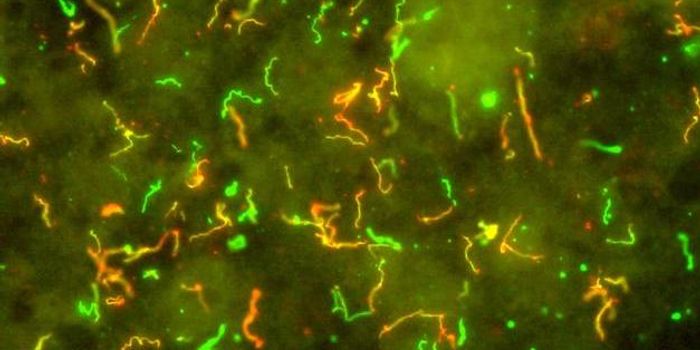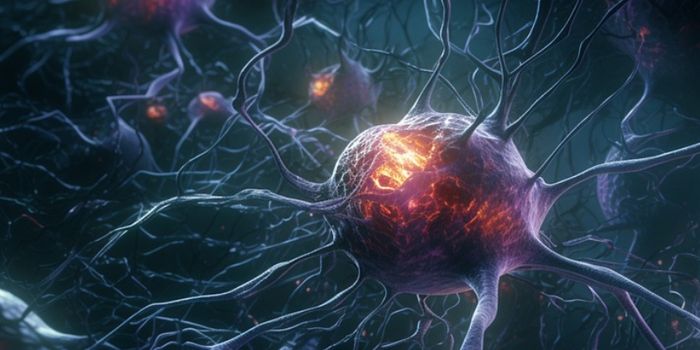Learning More About Boosting Immunity in Older Adults
Our bodies start to wear down as we get old, and the immune system is no exception. Older adults are more susceptible to infections, due in part to a weaker immune system but potentially related to other underlying chronic conditions, and they may not generate a robust immune response after a vaccination. Researchers have now learned more about why that happens, and have shown that an existing genital wart treatment can give a boost to an older immune system. The work, which used a mouse model, has to be replicated in humans, but it may offer a way to increase the post-vaccination immune response in an older population. The findings have been reported in eLife.
"The current coronavirus pandemic highlights that older members of our families and communities are more susceptible to the morbidity and mortality associated with infectious diseases," said Dr. Michelle Linterman, a group leader in the Babraham Institute's Immunology research program. "Therefore, it is imperative that we understand how the immune system in older people works, and to explore how we might be able to boost their immune responses to vaccines to ensure they work well in this vulnerable part of our society."
When we experience a microbial infection, the immune system has to identify the pathogen and generate antibodies that can fight the infection. Since the immune system has a memory of this exposure, it will be prepared if it happens again. Vaccinations work by priming this system and teaching the immune system to generate antibodies before an infection with a serious pathogen occurs. Cells that release antibodies are made in sites called the germinal centers of the immune system, which decline with age.
The physiology behind germinal centers is complex. "The germinal center response is a highly collaborative process that requires multiple cell types to interact at the right place and the right time. Therefore, it made sense to us that defects in one or more of these cell types could explain the poor germinal center response observed in older individuals after vaccination," explained Linterman.
One of those cells is a type called T follicular helper cells. They help form and maintain the germinal center. The researchers wanted to know more about why they tend to decline as people age, and if their numbers can be increased during vaccination. Both older mice and people don't make as many T follicular helper cells after they are vaccinated, and that is associated with a poor germinal center and antibody response.
The scientists found that in these older mice and people, the T follicular helper cells are not being stimulated as they would normally from the cells they interact with. However, they also found that a cream that is available for the treatment of genital warts, called imiquimod, the number of stimulatory cells were increased. The formation of T follicular helper cells in older mice was restored, and age-related effects seen in another type of immune cell called dendritic cells were also rescued. This may mean that the impact of aging on the immune response is something we can treat in humans.
Sources: AAAS/Eurekalert! via Babraham Institute, eLife
-
MAY 07, 2024Is It Anti-RNP or Anti-Sm/RNP?
- See More
-
APR 30, 2024Immuno-Oncology Virtual Event Series 2024
-
MAY 07, 20243rd International Biosecurity Virtual Symposium
-
MAY 23, 2024For the Love of Digital PCR 2024
- See More


















































